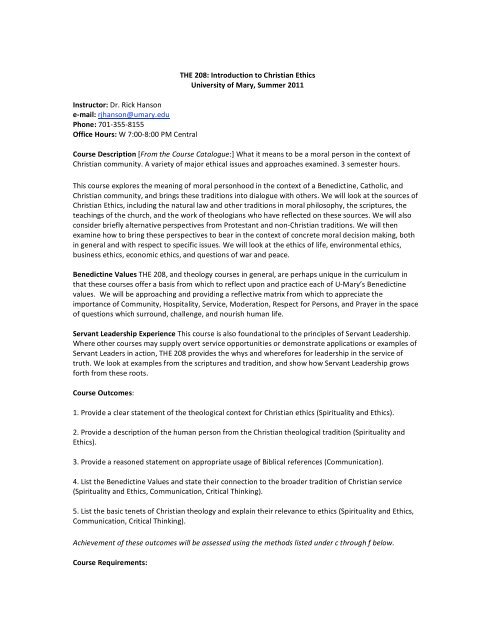The Benedictine values are a set of guiding principles that were developed by St. Benedict of Nursia, a monk who lived in the 6th century. These values have been embraced and practiced by the Benedictine monastic community for centuries and have had a significant influence on Western culture.
The first Benedictine value is stability, which refers to the commitment to living in a particular place and to being part of a community. This value promotes a sense of belonging and connection to others, and it helps to foster a sense of purpose and direction in life.
The second Benedictine value is obedience, which involves listening to and following the guidance of one's superiors and living according to a set of rules and regulations. This value promotes humility and self-discipline, and it helps to foster a sense of unity and harmony within the community.
The third Benedictine value is conversatio morum, which translates to "conversion of life." This value involves a commitment to personal and spiritual growth, and it involves constantly seeking to improve oneself and to live in a way that is consistent with one's values and beliefs.
The fourth Benedictine value is work, or labora. This value emphasizes the importance of hard work and dedication, and it promotes a sense of purpose and fulfillment through the contributions one makes to the community.
The fifth Benedictine value is hospitality, which involves welcoming and caring for others, especially those in need. This value promotes a sense of generosity and compassion, and it helps to foster a sense of community and connection to others.
In summary, the Benedictine values of stability, obedience, conversatio morum, work, and hospitality are a set of guiding principles that promote personal and spiritual growth, a sense of community and connection to others, and a commitment to living a virtuous and meaningful life. These values continue to be practiced by the Benedictine monastic community today and have had a lasting impact on Western culture.







